The Pixel 9 impresses with its sleek design and AI-powered features, but some may find its headline features to be more gimmick than gold.

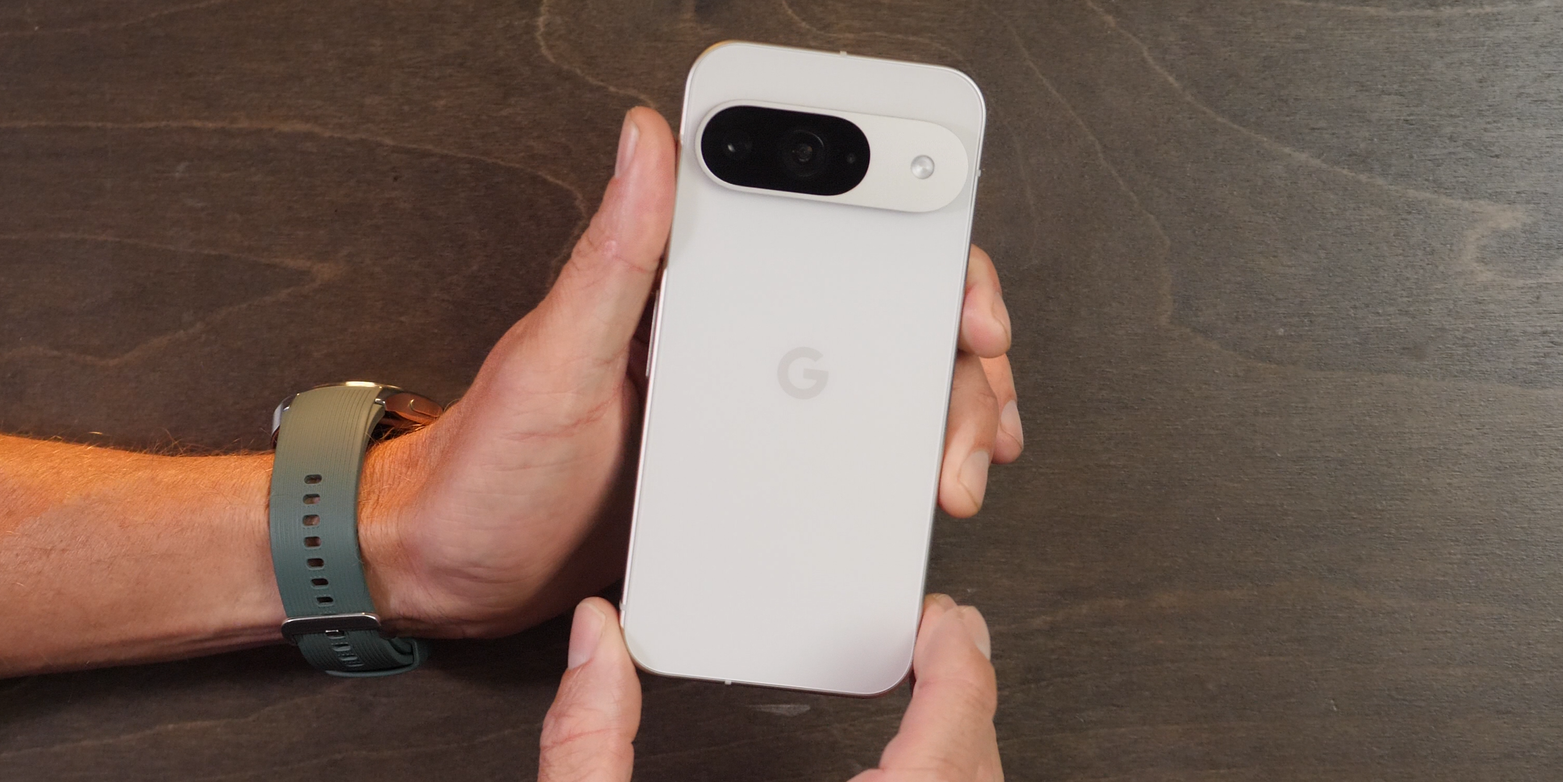
The Pixel 9 impresses with its sleek design and AI-powered features, but some may find its headline features to be more gimmick than gold.
Pros:
Cons:
The Pixel 9 impresses with its sleek design and AI-powered features, but some may find its headline features to be more gimmick than gold.
The Pixel 9 marks a significant departure from its predecessors, embracing a flat-sided design reminiscent of recent iPhones. The camera bar has also been redesigned to resemble a pill or island shape that is striking to the eyes. The brushed aluminum frame seamlessly transitions to a polished glass back, creating a premium feel that is enjoyable to hold. While the flat edges offer a comfortable grip, the glass back can be slippery, making a case advisable.
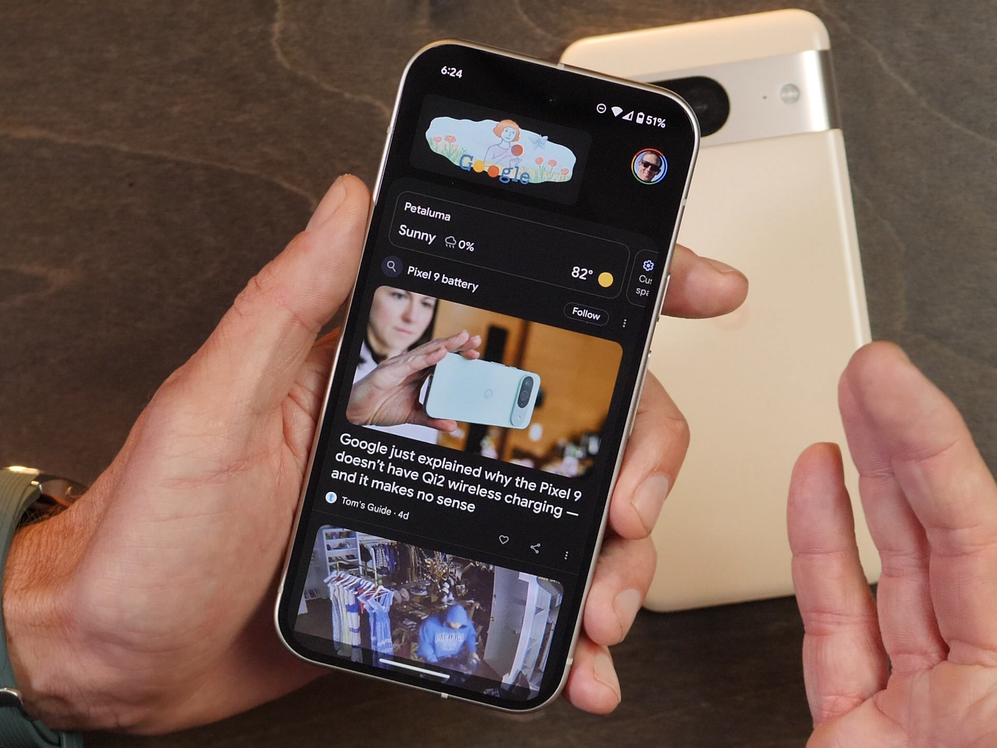
The flat 6.3-inch Actua display boasts impressive brightness, reaching up to 2,700 nits peak brightness – a 35% improvement over the Pixel 8. Protected by Gorilla Glass Victus 2, the screen offers excellent outdoor visibility, vibrant colors, and crisp clarity. Oh, and bezel freaks will appreciate the uniformity on the Pixel 9.
A big upgrade this time around is the in-display fingerprint sensor which sees the optical scanning hardware replaced with an ultrasonic sensor for the first time on a Pixel device. The difference is noticeably quicker and incredibly reliable with the downside being that the display must be awake for the sensor to trigger. This means that if the always-on display isn't active, you must first wake up the display before attempting to unlock it. I always keep my always-on display active so this didn't impact my usage.
Under the hood, the new Tensor G4 chip powers the Pixel 9's AI capabilities, as it does for all of the other phones in this year’s family of devices. However, with 12GB of RAM compared to 16GB in other Pixel 9 models, some AI processing may be a bit slower by comparison. When it comes to the standard things like home screen navigation and camera performance, things felt smooth and zippy.
As for battery performance, the 4,700mAh battery easily lasts a full day, with 45W wired charging and 27W wireless charging providing quick top-ups. I frequently ended the day around 40-50% remaining with a solid 16 hours off charger.
One thing of note is the new Vapor Chamber that is included in the Pixel 9 family. During setup in particular, I noticed the device became very hot to the touch which was surprising considering the new feature is meant to cool things down in high-intensity situations. I didn’t feel the heat during gaming, however, so it could have been an isolated incident.
Editor’s Note: The Pixel 9 is the only device in the family NOT to include the Vapor Chamber feature. As such, the heating incident makes more sense with that cooling mechanism missing from the Pixel 9 in this review.
Camera performance has always been a Pixel strength. While the main 50MP camera is unchanged from the Pixel 7 and Pixel 8, the ultra-wide lens sees a significant upgrade to 48MP with an f/1.7 aperture. This improvement is particularly noticeable in low-light conditions and nighttime panoramas. The panorama interface has been upgraded as well, making this an easily overlooked new feature in my opinion.
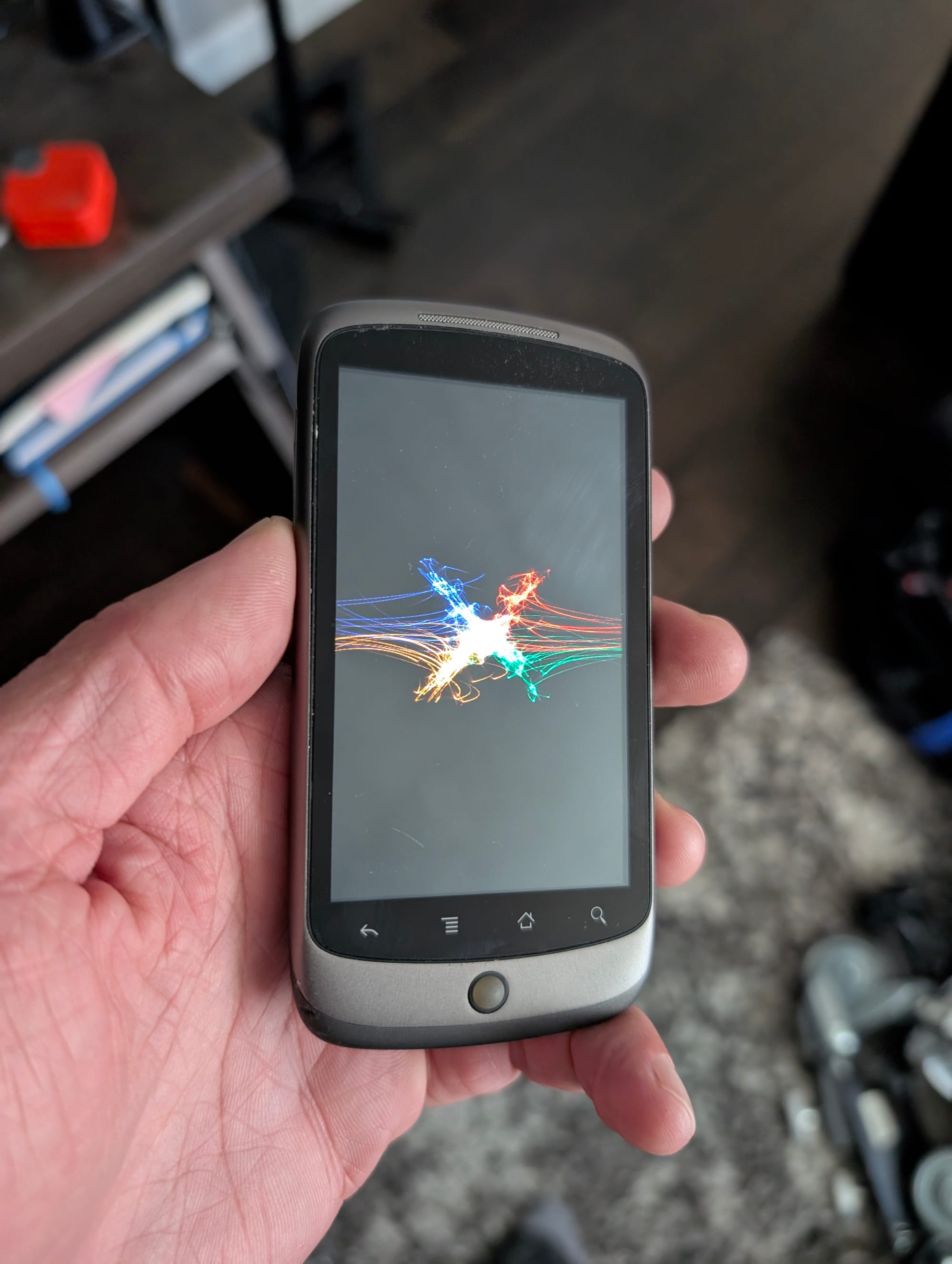




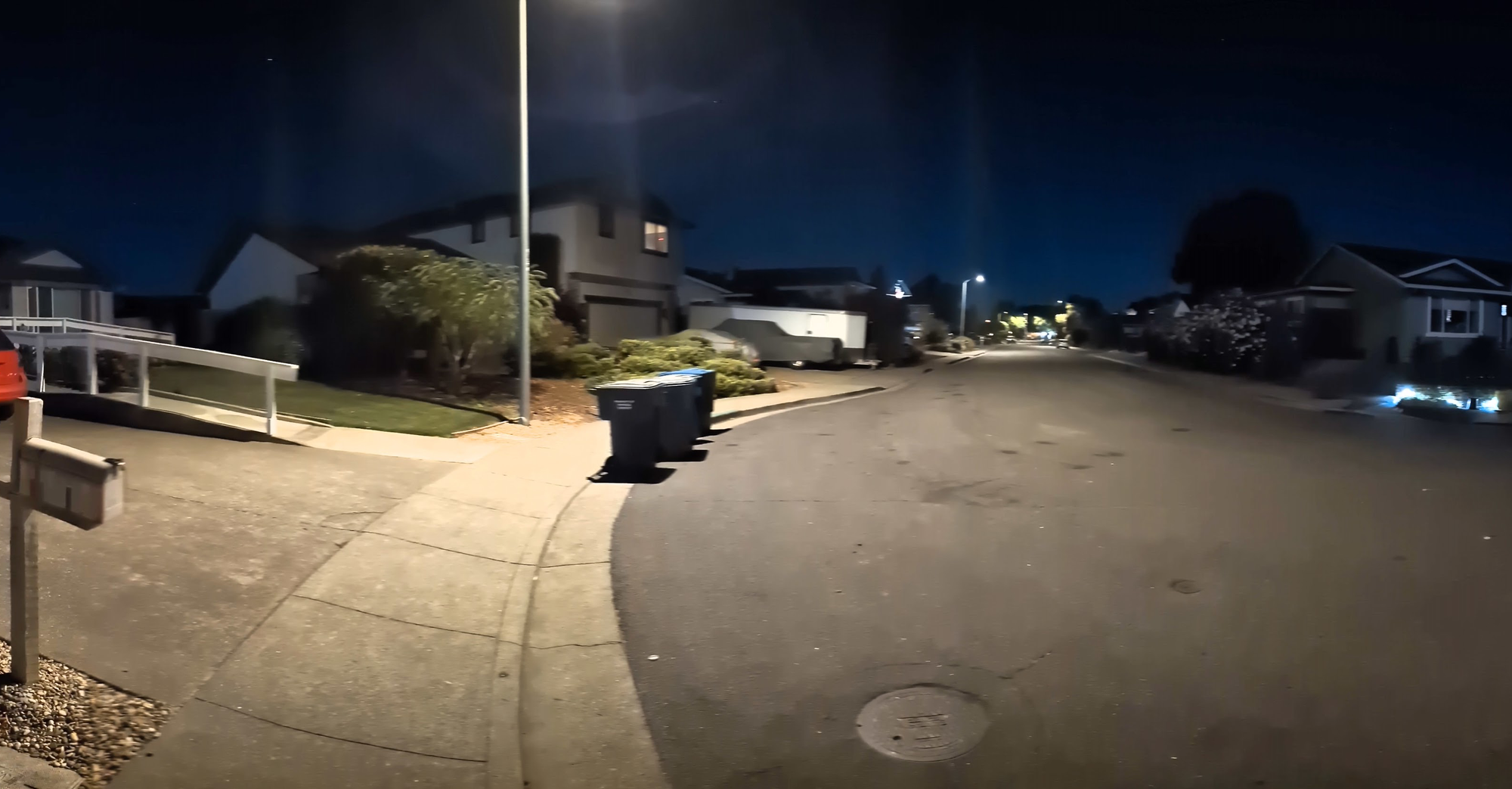
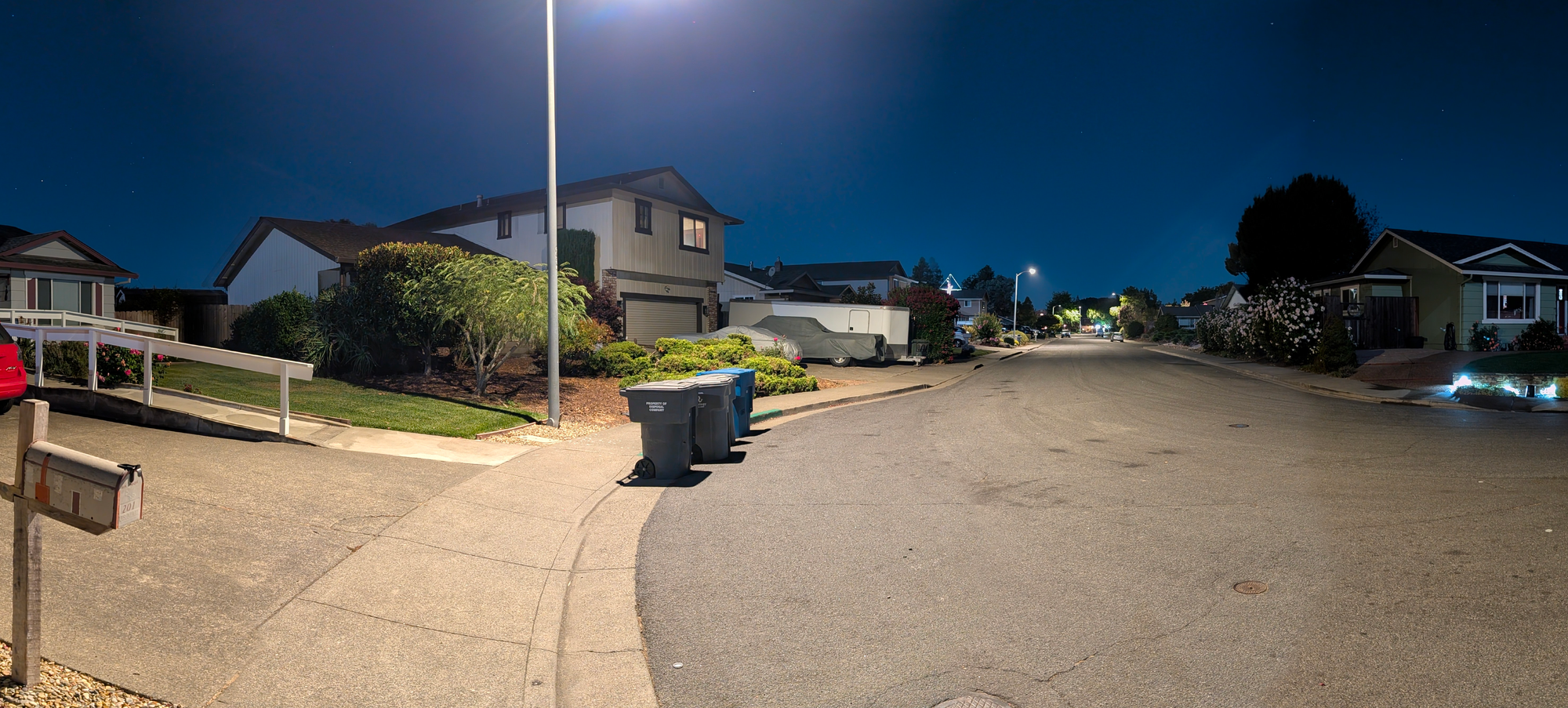
Some camera shots. The panoramas show the Pixel 8 vs the Pixel 9. Wow!
The front-facing selfie camera is the same 10.5MP lens with an f/2.2 aperture found on the Pixel 8. However this time around, Google added autofocus ability which certainly helps even if the optics themselves are untouched.


Google makes no qualms about the fact that the Pixel 9 is designed to be an AI-focused release. Gemini Live, an extension of its standard AI platform for Android, offers conversational AI interactions, though currently limited to voice input. I could quickly see how true multi-modal capabilities will someday (possibly even soon) supercharge this kind of feature set on the smartphone and I'm really looking forward to that.
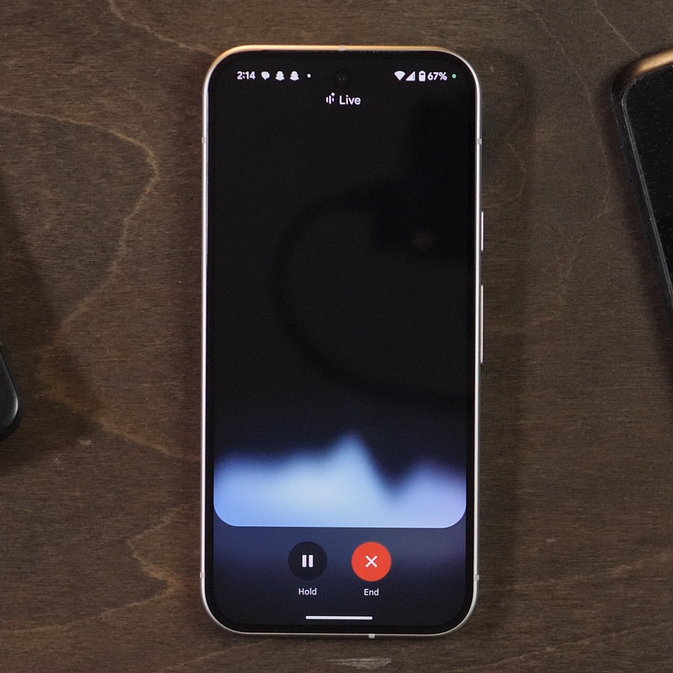
Google’s highly touted "Add Me" camera mode cleverly inserts the photographer into group shots using a combination of artificial intelligence processing and augmented reality overlays. It’s an interesting demonstration of Google’s many disparate technologies working together to create something new. Aside from the occasional stitching imperfections, I quite enjoyed the feature. However, I continually wondered whether it would just be easier for me to use my tall-guy tripod arms to take a standard selfie instead.









A few Add Me attempts
The new Screenshots app might sound dull, but it’s one of the things that excites me most. In my experience, it has transformed how I interact with captured content on my device, offering AI-powered information extraction that’s organized and entirely searchable. It’s like a personalized Pinterest!
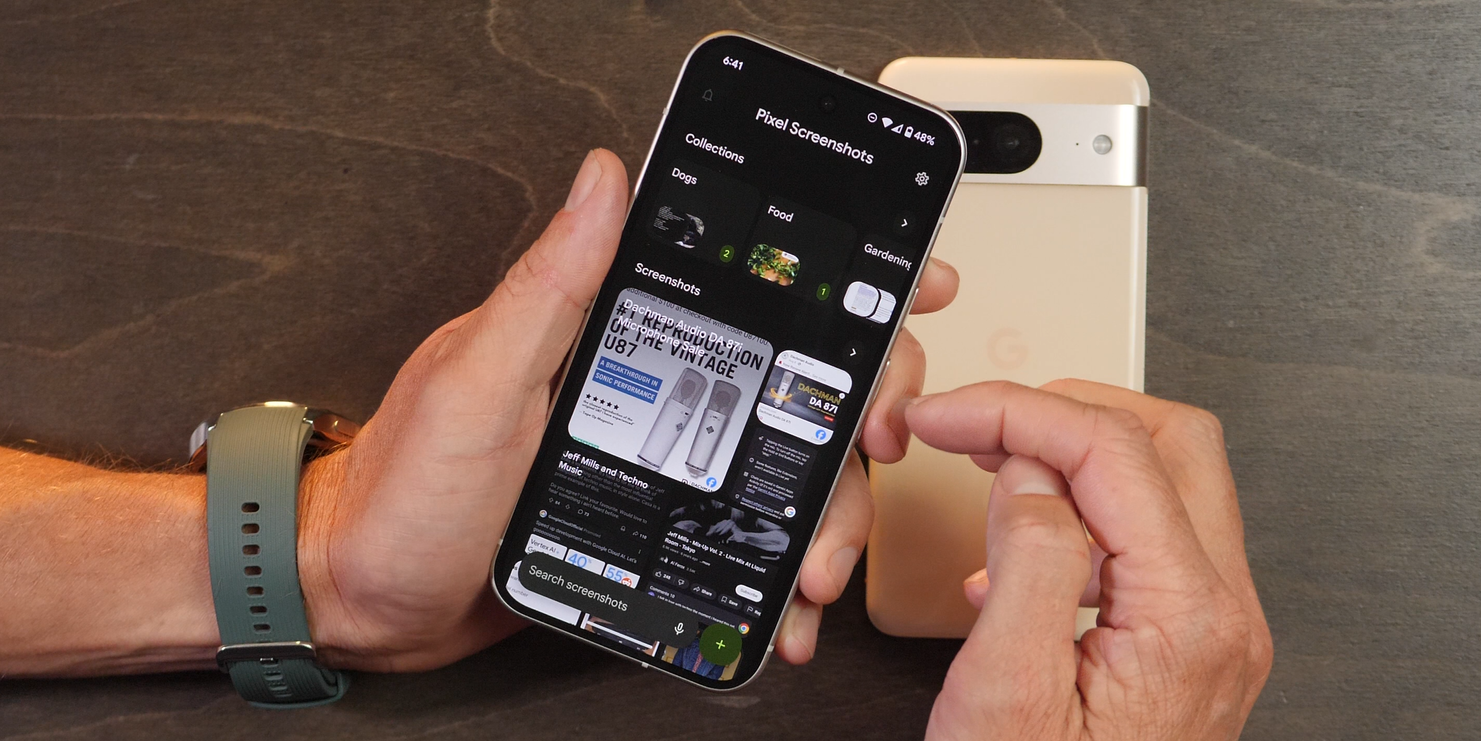
Pixel Studio brings on-device AI image generation, allowing users to create custom graphics on the fly with surprisingly minimal processing times. However, just because the AI model is downloaded to the device doesn’t mean that a mobile connection isn’t required. Disabling the Internet connectivity effectively disables the app’s processing capabilities, so keep that in mind. As for the generations themselves, it's a cool playground and timewaster with some pretty good output. But don't expect it to get text generation right every time!
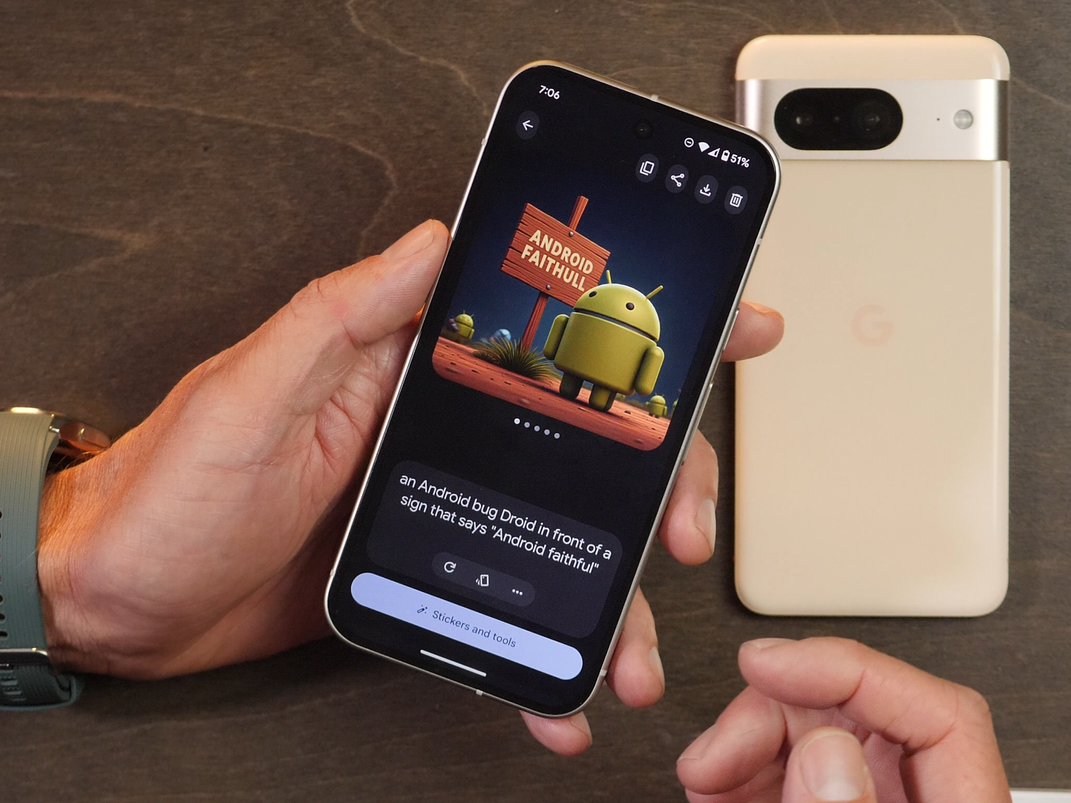
Google's commitment to software support remains strong, with 7 years of updates promised for the Pixel 9. Although, strangely, the device launches with Android 14, even though the public release of Android 15 is expected to arrive within weeks.
At $799, the Pixel 9 offers a compelling package for Android enthusiasts and those intrigued by AI-powered mobile experiences. That price, however, is $100 more than the Pixel 8 last year. Google’s messaging implies that the thing that makes this device special is its AI capabilities, but many of those features are likely to hit earlier devices as well. So the price increase might not be easy to stomach for buyers. But the company offers healthy trade-in value for older devices which might make it easier to justify an upgrade.